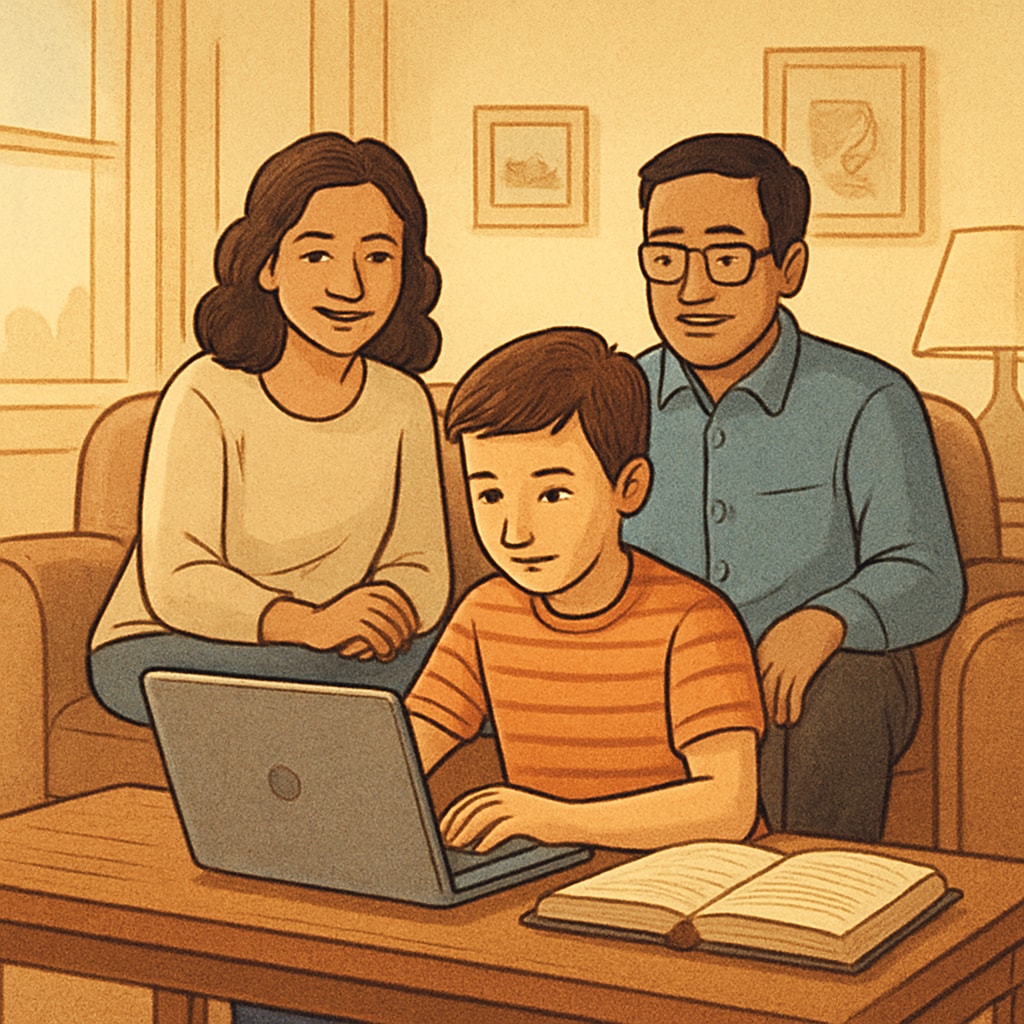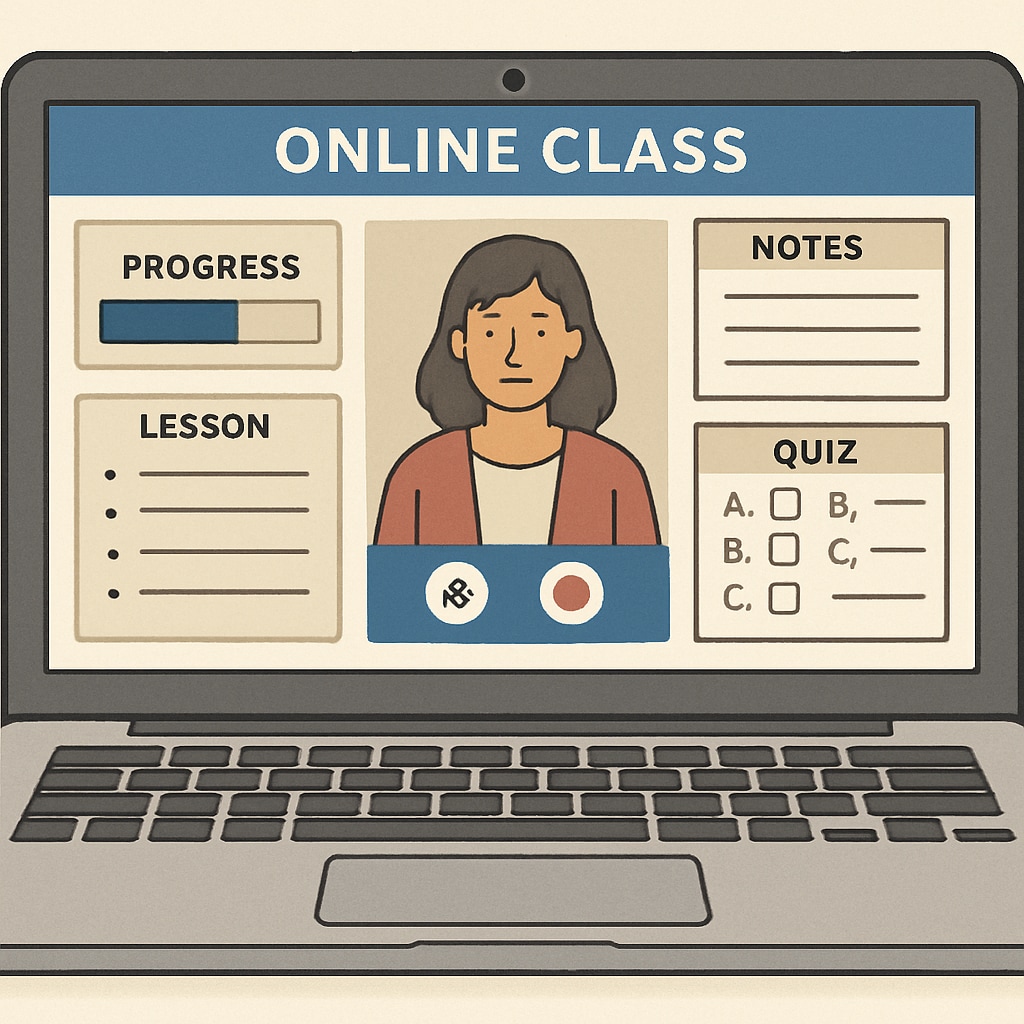Online public schools are gaining traction as a popular alternative to traditional classroom settings. As education technology advances, parents increasingly explore this option for their children. But why do parents choose online public schools? The motivations range from personalized education plans to adapting to dynamic family lifestyles. Understanding these factors offers insights into the evolving landscape of K12 education and the decision-making process of modern families.
Flexibility: Meeting the Needs of Modern Families
One of the primary reasons parents opt for online public schools is the flexibility they offer. Unlike traditional schools with fixed schedules, online education allows families to tailor learning around their daily routines. This is particularly beneficial for families with unique circumstances, such as frequent relocations, non-traditional work hours, or children pursuing professional sports or arts careers.
For example, online public schools provide the flexibility to travel without disrupting a child’s education. Students can access lessons and assignments from anywhere, ensuring continuity in learning. In addition, parents can modify study schedules to accommodate extracurricular activities or family commitments, creating a balanced lifestyle.

Personalized Learning: Catering to Individual Needs
Another major factor driving the popularity of online public schools is the potential for personalized learning. Traditional classrooms often follow a one-size-fits-all curriculum, which may not meet the diverse needs of every student. In contrast, online schools frequently offer tailored lesson plans that cater to different learning speeds and styles.
For instance, children who excel in specific subjects can advance more quickly, while those who require additional support can receive targeted resources. This individualized approach helps students build confidence and achieve better academic outcomes. Many parents value this adaptability, especially for children with special needs or gifted learners.
Furthermore, online platforms often use advanced technologies like AI and data analytics to track student progress. These tools provide real-time feedback, enabling parents and educators to make informed decisions about a child’s education.

Safety and Well-being: A Top Priority
In recent years, concerns about student safety have become a significant consideration for parents. Issues such as bullying, peer pressure, and school violence have prompted families to explore safer alternatives. Online public schools offer a controlled environment where children can focus on learning without these external stressors.
Additionally, the flexibility of online education allows parents to closely monitor their child’s well-being. They can ensure a healthy balance between academic responsibilities and mental health, a concern that has gained more attention in light of recent discussions about student burnout and anxiety.
Cost-Effectiveness and Accessibility
Unlike private or charter schools, online public schools are typically funded by the government, making them a cost-effective option for many families. Parents who seek high-quality education without the financial strain of tuition fees often find online public schools an attractive choice. These schools provide a wide range of resources at little or no cost, including textbooks, learning materials, and access to certified teachers.
Moreover, online education bridges geographical barriers. Parents living in remote areas or regions with limited access to quality schools can provide their children with a robust education through online public schools. This accessibility ensures that students from diverse backgrounds have equal opportunities to learn and grow.
The Future of Education: A Hybrid Approach?
As the popularity of online public schools continues to grow, some experts predict a shift toward hybrid education models. These models combine the best aspects of online and in-person learning, offering greater flexibility and interaction. For instance, students might attend physical classrooms for collaborative projects while completing individual coursework online.
Parents are increasingly drawn to these innovative approaches, which promise to address the limitations of both traditional and fully online education. By blending digital tools with human interaction, hybrid models may represent the next step in the evolution of modern education.
In conclusion, parents choose online public schools for a variety of reasons, including flexibility, personalized learning, safety, and affordability. As education continues to evolve, these schools are likely to play an even greater role in shaping the future of K12 learning. By understanding the motivations behind these choices, educators and policymakers can better meet the needs of today’s families.
Readability guidance: This article uses short paragraphs and lists to summarize key points. It incorporates transitions such as “for example,” “in addition,” and “as a result” to enhance flow. Images are placed to visually reinforce the content, and external links provide additional resources for readers.


